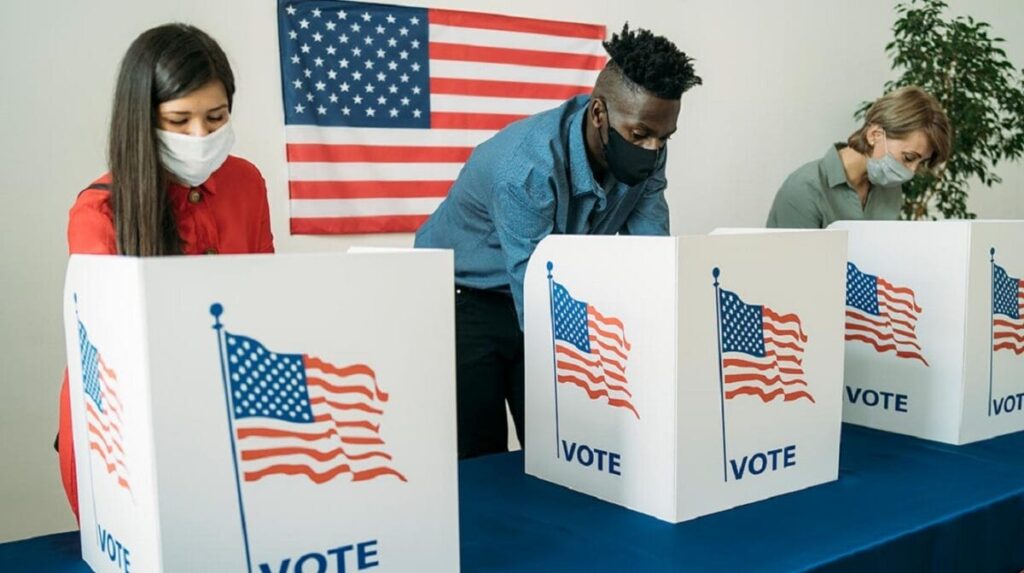As the Nov. 5 presidential election nears, former President Donald Trump and several Republicans have raised alarms about the potential for noncitizens to vote in significant numbers, a scenario they claim could favor Democratic candidate Kamala Harris. However, a review of various studies and state officials’ reports reveals scant evidence of noncitizen voting in recent U.S. elections, raising questions about the validity of these concerns.
According to the left-leaning Brennan Center for Justice, an analysis of 23.5 million votes from the 2016 election identified only 30 instances of noncitizens casting ballots. In a similar vein, the conservative Heritage Foundation documented 24 cases of noncitizen voting across U.S. elections from 2003 to 2023, further supporting the notion that such occurrences are rare.
State-specific findings also highlight the limited scope of the issue. For instance, Alabama announced in August that it would inactivate 3,251 registered voters suspected of being noncitizens, but the U.S. Department of Justice contended that at least 717 of these individuals are, in fact, U.S. citizens, leading to a legal challenge against the state’s actions. In Arizona, state officials identified 218,000 registered voters without proof of citizenship; however, the state’s highest court ruled they can still vote in the upcoming election.
Florida has seen two prosecutions for noncitizen voting since 2022, amidst a backdrop of 13.5 million registered voters in the state. Georgia reported finding 1,634 noncitizens who attempted to register but were denied, while Kansas uncovered 39 noncitizens registered to vote between 1999 and 2013, out of approximately 1.8 million registered voters.
In Louisiana, officials have removed 48 noncitizens from the voting list since 2022. Nevada reported that three noncitizens cast ballots in the 2016 election out of more than one million votes. Similarly, North Carolina officials noted that nine registered voters identified themselves as noncitizens when summoned for jury duty, while a 2017 review indicated 41 noncitizens had voted in the 2016 election.
Ohio announced in August that it had identified 597 noncitizens among its 8 million registered voters, including 138 who may have cast ballots. Meanwhile, Oregon reported discovering nine voters who cast ballots without proving their citizenship, alongside another 1,259 who registered but did not vote, attributing the discrepancies to administrative errors. Virginia officials revealed they had removed 6,303 noncitizens from their voting list since 2022, out of a total of 6.3 million registered voters.
With evidence of noncitizen voting remaining sparse, it raises important questions about the rhetoric surrounding electoral integrity as Election Day approaches. The findings suggest that while concerns persist, the actual incidence of noncitizens voting is minimal and largely attributable to administrative challenges rather than widespread fraud.
As the election nears, these insights into the limited occurrence of noncitizen voting may help temper fears and encourage a focus on more pressing electoral issues.



